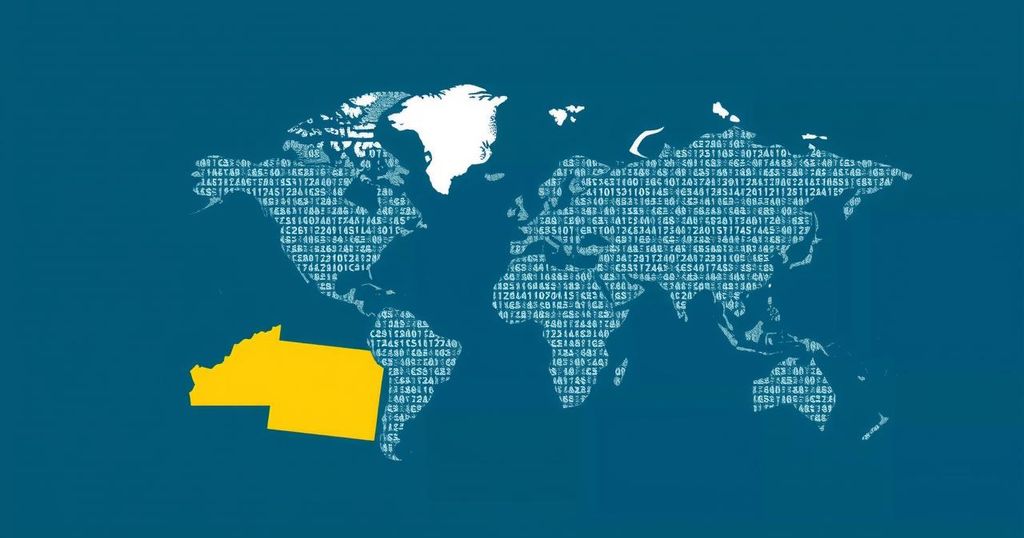COP29 Climate Summit: Draft Proposes $250 Billion Annual Support from Rich Nations

The COP29 summit in Baku proposed that developed nations provide $250 billion annually by 2035 to aid poorer nations in combating climate change. This proposal has garnered criticism for being inadequate, especially as developing countries push for greater financial support. The conference aims to establish a comprehensive funding strategy, with a broader goal of raising $1.3 trillion annually from various sources to address the climate crisis effectively.
At the COP29 climate summit currently taking place in Baku, Azerbaijan, a significant proposal has emerged, suggesting that developed nations commit to providing $250 billion annually by the year 2035 to support developing countries in their climate change efforts. This proposal aims to establish a comprehensive financing strategy necessary to combat the increasing climate crisis effectively. However, it has faced criticism from various stakeholders, highlighting deep-seated frustrations surrounding the adequacy of the funds and the overarching responsibility of wealthier countries to address global climate issues.
As the negotiations progress, tensions are apparent between wealthy nations, which are hesitant to accept significant financial obligations, and developing nations demanding greater financial support. Juan Carlos Monterrey Gomez, Panama’s Special Representative for Climate Change, expressed his discontent, stating, “I’m so mad. It’s ridiculous. Just ridiculous,” and emphasized that the proposed amounts were insufficient. The draft aims to generate a total of $1.3 trillion in climate finance per year by 2035, accounting for contributions from both public and private sectors.
Fulfilling this ambitious financial target will require strategic coordination to bridge gaps between government commitments and private contributions, a challenging feat according to negotiators. Observers assert that without swift resolutions, the ongoing discussions may not conclude on time. U.N. Secretary-General Antonio Guterres has underscored the necessity of a decisive agreement, iterating, “failure is not an option,” while Daniel Lund, a negotiator for Fiji, remarked on the underestimated scale of financial needs, which could grow increasingly demanding if not addressed promptly.
In light of the escalating climate crisis, the COP29 climate summit seeks to harness international cooperation by securing necessary financial commitments from developed nations to assist developing countries. Addressing climate change requires substantial funding to enable poorer nations to implement sustainable practices and mitigate environmental damage. The summit’s discussions revolve around formulating a funding mechanism that meets these pressing needs while navigating the complexities of global finance and international relations. As previous summits have frequently extended beyond scheduled times, there is heightened urgency to reach an accord that satisfactorily safeguards global climate interests.
In conclusion, the financial landscape surrounding climate action is fraught with challenges and disparities. The COP29 proposed commitment of $250 billion per year from wealthy nations is a pivotal step, yet it faces considerable scrutiny regarding its sufficiency. Moreover, the necessity for a coordinated effort between government pledges and private investments is paramount for achieving the targeted $1.3 trillion in annual funding. Continued negotiations will be critical in determining the global response to climate change.
Original Source: stratnewsglobal.com






